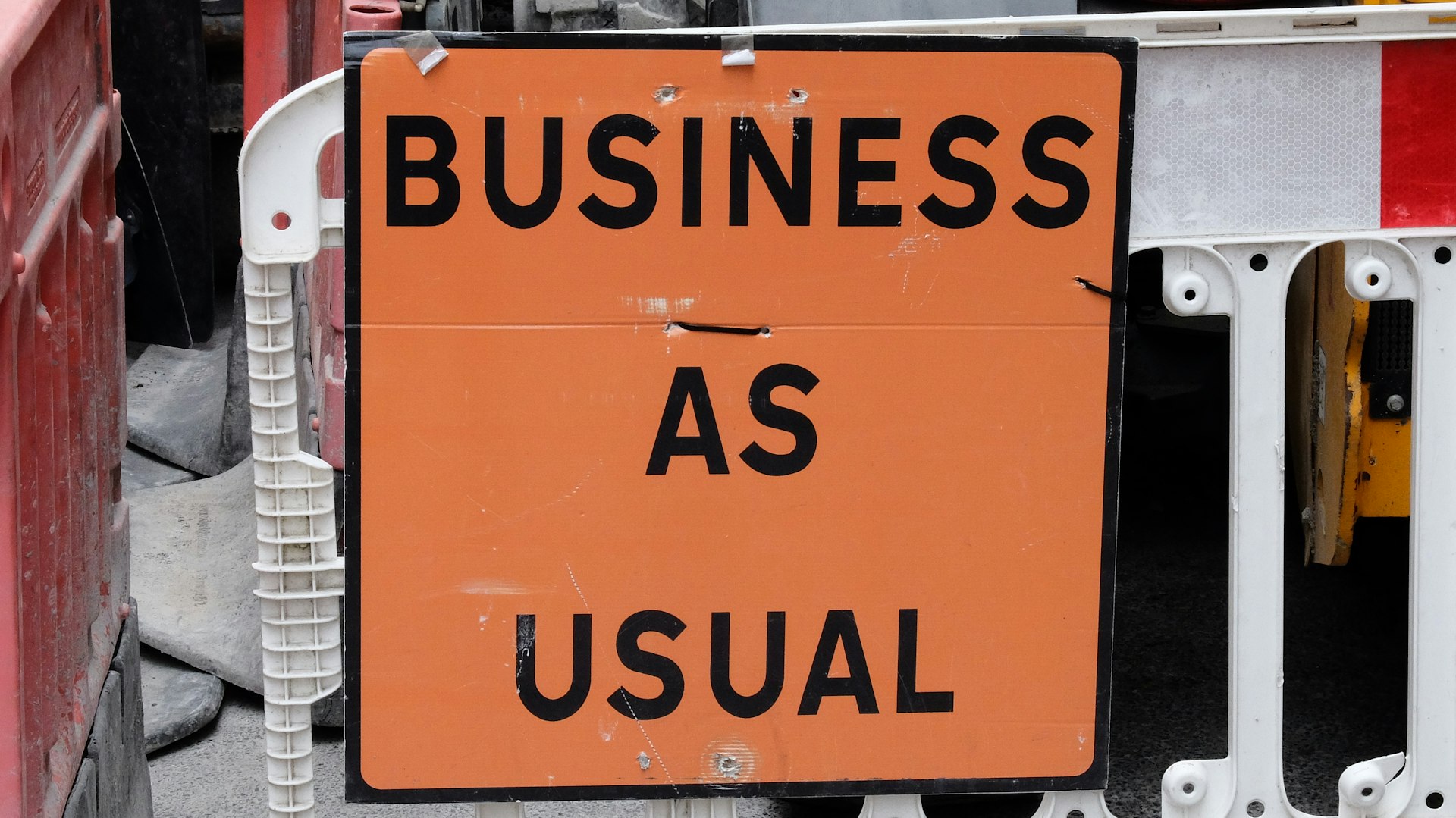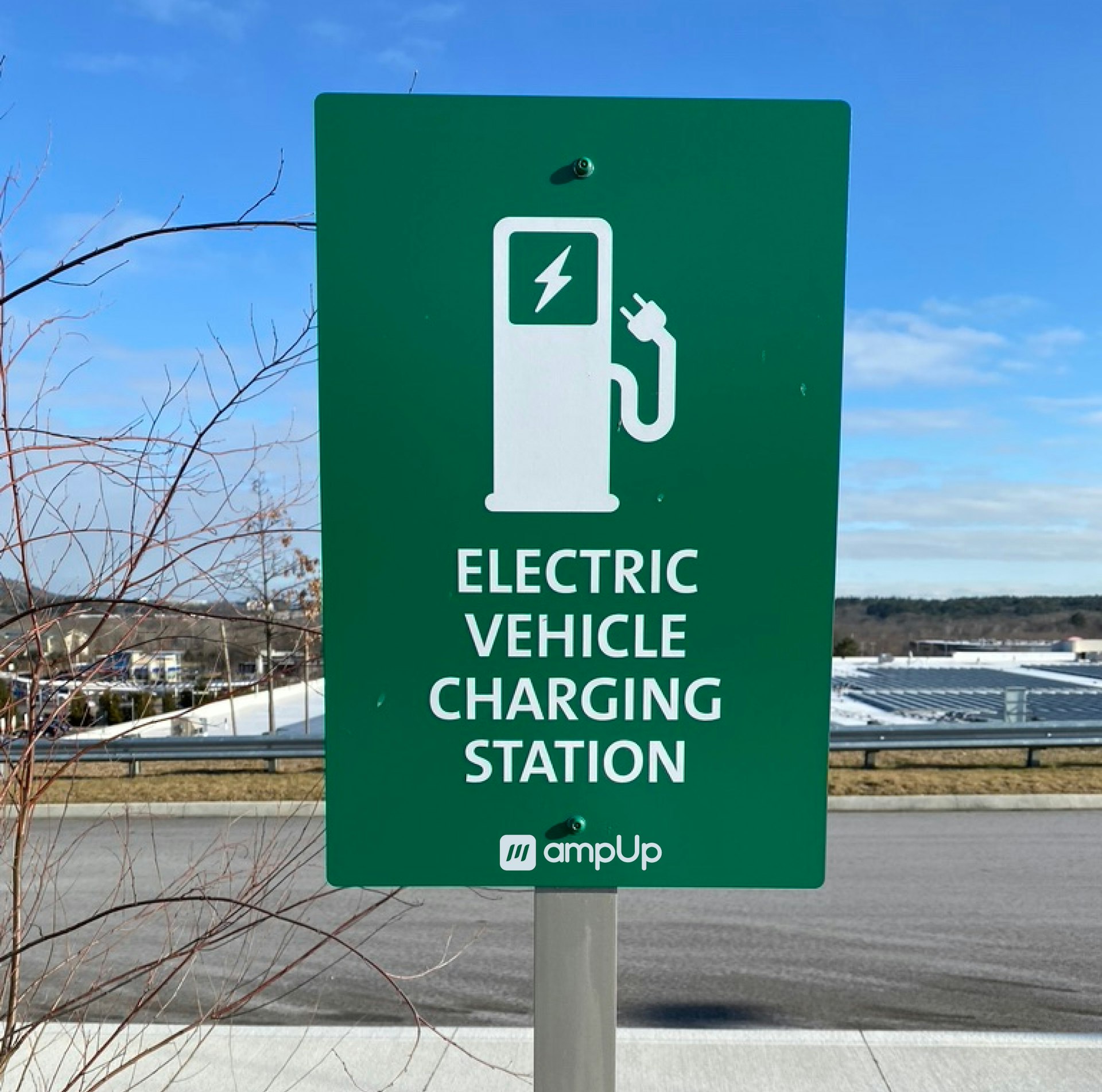How the Omnichannel Revolution Is Transforming the Car Buyer Journey in 2025

Photo by adit gunawan on Unsplash
Introduction: The New Era of Car Buying
In 2025, the automotive retail landscape is experiencing rapid evolution, driven by shifting consumer preferences and digital transformation. Buyers now expect car purchases to mirror the convenience and personalization of other online shopping experiences. This shift is not just about technology-it’s about delivering seamless, omnichannel journeys that merge digital touchpoints with real-world validation, creating new opportunities and challenges for both consumers and dealerships [1] .
Omnichannel Car Purchasing: What Does It Mean?
Omnichannel car purchasing refers to an integrated experience where buyers can research, compare, and even initiate or complete purchases across both online platforms and physical dealerships. According to the 2024 Cox Automotive Car Buyer Journey study, 43% of recent buyers used an omnichannel approach, and 71% expect to do so in the future [3] . This means consumers increasingly expect to move smoothly between digital and in-person interactions, leveraging data-driven insights for tailored experiences.
The integration of online research, digital financing tools, remote vehicle appraisals, and in-person test drives or final transactions is now commonplace. While only 5% of buyers finish the entire process online, a vast majority engage with digital tools and platforms at multiple stages [1] .
Key Shifts in the Buyer Journey
1. Demand for Seamless Digital-Physical Integration
Consumers expect a frictionless transition between online research and in-person validation. In 2025, 90% of buyers demand smooth integration, avoiding repetitive paperwork or disconnected experiences [1] . This means dealerships and platforms must synchronize data, preferences, and transaction details across both channels.
Actionable Guidance: When researching vehicles, use official manufacturer websites and established dealership portals to compare models, features, and pricing. Schedule in-person visits or test drives directly from these platforms. Always confirm that your online selections are available at your preferred dealership.
2. Personalization Powered by Data and AI
Personalized experiences are now expected. 93% of buyers prefer dealerships that provide tailored shopping journeys. AI platforms like ChatGPT are used by 62% of consumers for car purchase advice, with younger buyers leading adoption [1] . Predictive insights help buyers and sellers match vehicles, financing, and incentives to individual needs.
Implementation Steps: To access personalized offers, create accounts on dealership or manufacturer websites and fill out preference profiles. Consider using AI-powered chat tools available on many retailer sites for tailored recommendations. Ensure your privacy settings are adjusted for data sharing.

Photo by mostafa meraji on Unsplash
3. Growing Importance of Connected Car Technology
Modern buyers value advanced technology such as wireless CarPlay, over-the-air software updates, and comprehensive digital dashboards [2] . These features not only enhance driving experience but also influence purchase decisions.
Step-by-Step Process: When comparing vehicles, review official specification sheets on manufacturer websites for details about tech features. Ask dealership staff about software update schedules and connectivity options during your in-person visit.
4. Hybrid and Electric Vehicle Trends
Interest in fuel-efficient, hybrid, and electric vehicles (EVs) continues to rise. EV buyers report even higher satisfaction rates with the omnichannel experience-82% of new EV buyers are “highly satisfied” versus 75% for traditional vehicles [4] . These vehicles are often showcased with virtual tours, interactive configurators, and remote consultation options.
How to Access: Use official manufacturer sites and certified dealership portals to browse hybrid and EV options. Many platforms offer virtual walkarounds, online financing calculators, and digital trade-in appraisals. For incentives, refer to government energy departments or local utility agencies by searching for “EV rebates” or “electric vehicle incentives” in your region.
Market Dynamics Influencing Buyer Journeys
Economic factors such as high interest rates, supply chain disruptions, and tariffs are impacting both pricing and vehicle availability. This has led to a resurgence in vehicle leasing, especially for EVs, and longer retention of existing vehicles [2] . Buyers must weigh total cost of ownership and reliability over initial sticker price.
Practical Steps: For up-to-date market conditions, consult reputable automotive news platforms and industry analysis sites. Use online calculators to compare lease versus purchase options. If considering imports, inquire about current tariffs and trade policies with dealership staff or via official government trade resources.
Challenges and Solutions in the Omnichannel Journey
While omnichannel retailing offers benefits, buyers may encounter challenges such as data privacy concerns, information overload, and inconsistencies between online and offline offers. To address these:
- Verify all vehicle details and pricing before committing-always cross-check online listings with dealership confirmations.
- Request full transparency on financing, incentives, and warranties. Use official contact forms and ask for written quotes.
- Stay informed about privacy policies on platforms that use AI and data-driven personalization. Review consent forms and opt-out options as needed.
If you encounter discrepancies or data concerns, contact the dealership directly using official phone numbers found on their website. Search for consumer protection resources via the Federal Trade Commission or your state’s automotive regulatory agency for guidance.
Alternative Approaches and Future Directions
Some buyers prefer traditional, in-person experiences, especially for final negotiations or vehicle inspections. Hybrid models allow for online research and booking, followed by personalized showroom visits. For those seeking a purely digital experience, select manufacturers and dealerships offer “buy online” programs-these are typically promoted on their official channels.
To stay up-to-date, regularly consult trusted industry resources. The Deloitte Global Automotive Consumer Study provides annual insights into buyer preferences, technology adoption, and market shifts [5] . Always rely on official dealer or manufacturer websites, and avoid unverified third-party platforms.
Step-by-Step Buying Guide for the Omnichannel Journey
- Research: Begin with manufacturer and dealership websites for model comparisons and digital configurators.
- Personalization: Use available AI chat tools and fill out preference forms for tailored recommendations.
- Online Engagement: Schedule virtual tours, request remote appraisals, and review financing options digitally.
- In-Person Validation: Book test drives and vehicle inspections through official online portals.
- Transaction: Finalize purchase or lease online or at the dealership, ensuring all details match your prior research.
- Post-Purchase: Use connected car tech and dealership platforms to manage service appointments, software updates, and warranty claims.
For assistance, contact dealerships using verified phone numbers and email addresses found on their official websites. If you require government incentives, search for official agency portals by name (e.g., “Department of Energy EV incentives”) rather than relying on unverified links.
Key Takeaways
The buyer journey for car purchases in 2025 is defined by omnichannel integration, personalization, and technology-driven convenience. By leveraging official resources, engaging with AI-powered tools, and verifying all information, consumers can navigate the evolving landscape with confidence, accessing the best value and satisfaction available.
References
- [1] Amplyfi (2025). Car Buying Trends & Digital Transformation Patterns.
- [2] Kunes Ford Delavan (2025). Automotive Market Trends 2025.
- [3] Dealer.com (2025). Tech Trends to Watch in 2025.
- [4] Cox Automotive (2025). Car Buyer Journey Study 2024.
- [5] Deloitte US (2025). Global Automotive Consumer Study.
MORE FROM smartsavingsfinder.com













